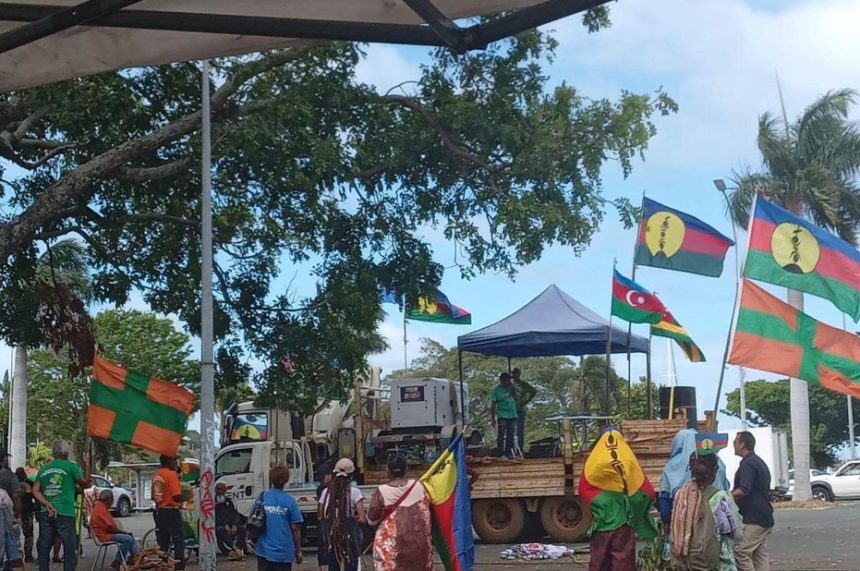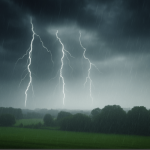New Caledonia Separatists Turn Down French Agreement Amid Renewed Tensions
A fresh political storm is brewing in New Caledonia, the French Pacific territory still reeling from deadly unrest last year.
The Kanak and Socialist National Liberation Front (FLNKS), the main pro-independence group, has firmly rejected a deal struck with Paris over the archipelago’s future.
The decision came after weeks of internal discussions within the movement. Their conclusion was clear, the agreement “does not further their goal of independence.”
The pact, reached in mid-July after years of fraught talks, was hailed by French Overseas Minister Manuel Valls as “historic.”
It proposed creating a New Caledonian nationality and granting greater powers to local authorities, while keeping control of defence, security and justice in French hands. The territory would remain part of France, but with an enhanced autonomous status.
While separatist leaders initially put pen to paper, they stressed it was not a binding commitment. Now, that cautious signature has turned into outright refusal.
Manuel Valls will fly to the islands next week in a bid to salvage negotiations. Whether he can shift the separatists’ stance is far from certain.
The standoff follows last year’s turmoil, when 14 people lost their lives during riots sparked by electoral reform proposals. For France, New Caledonia is more than just a distant territory, it’s a strategic asset, rich in nickel and positioned in a geopolitically vital part of the Pacific.
France has held the islands since 1852. Around 270,000 people now live there, and the Nouméa Accord of 1998 granted significant autonomy. But three referendums, in 2018, 2020, and 2021, all returned votes to remain with France. The independence movement boycotted the last one, dismissing the result.
For the indigenous Kanak people, the vision remains unchanged: a fully independent state. That dream is still alive — but this latest rejection signals the road ahead will be long, bitter, and uncertain.






